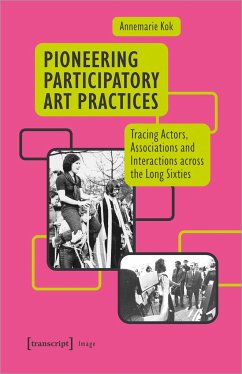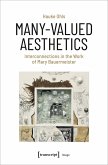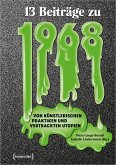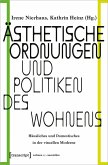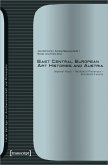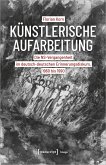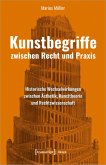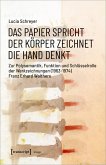Participatory art practices allow members of an audience to actively contribute to the creation of art. Annemarie Kok provides a detailed analysis and explanation of the use of participatory strategies in art in the so-called 'long sixties' (starting around 1958 and ending around 1974) in Western Europe. Drawing on extensive archival materials and with the help of the toolbox of the actor-network theory, she maps out the various actors of three case studies of participatory projects by John Dugger and David Medalla, Piotr Kowalski, and telewissen, all of which were part of documenta 5 (Kassel, 1972).
Bitte wählen Sie Ihr Anliegen aus.
Rechnungen
Retourenschein anfordern
Bestellstatus
Storno

